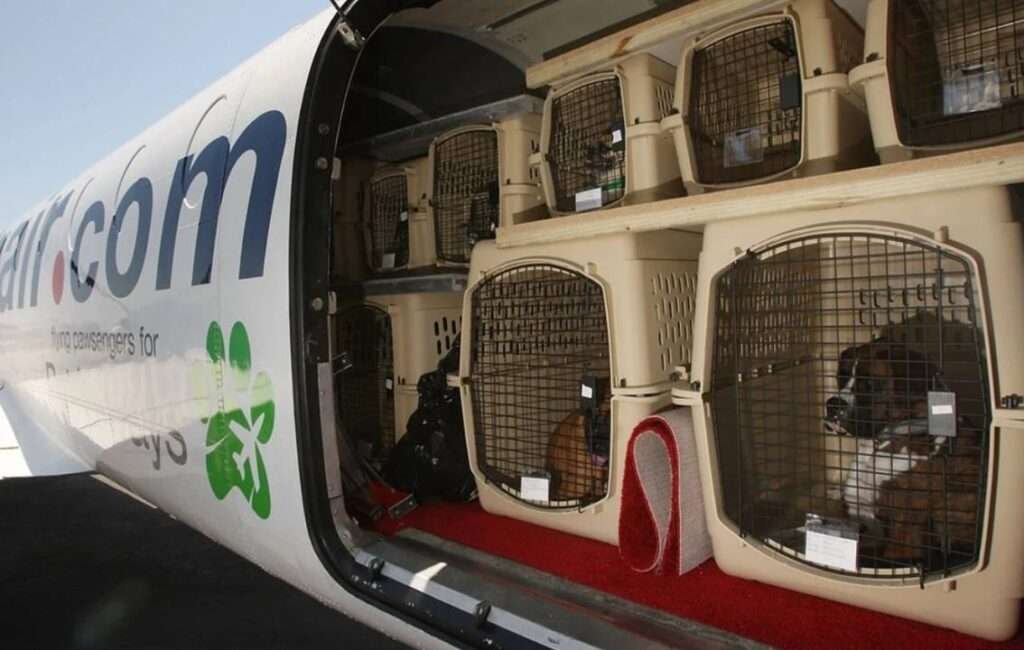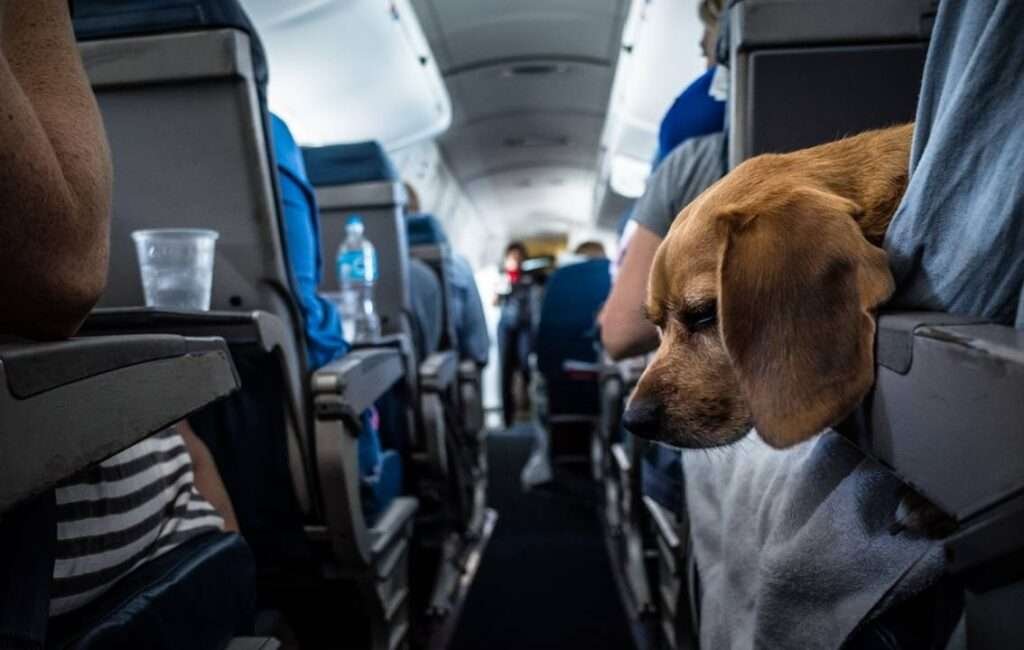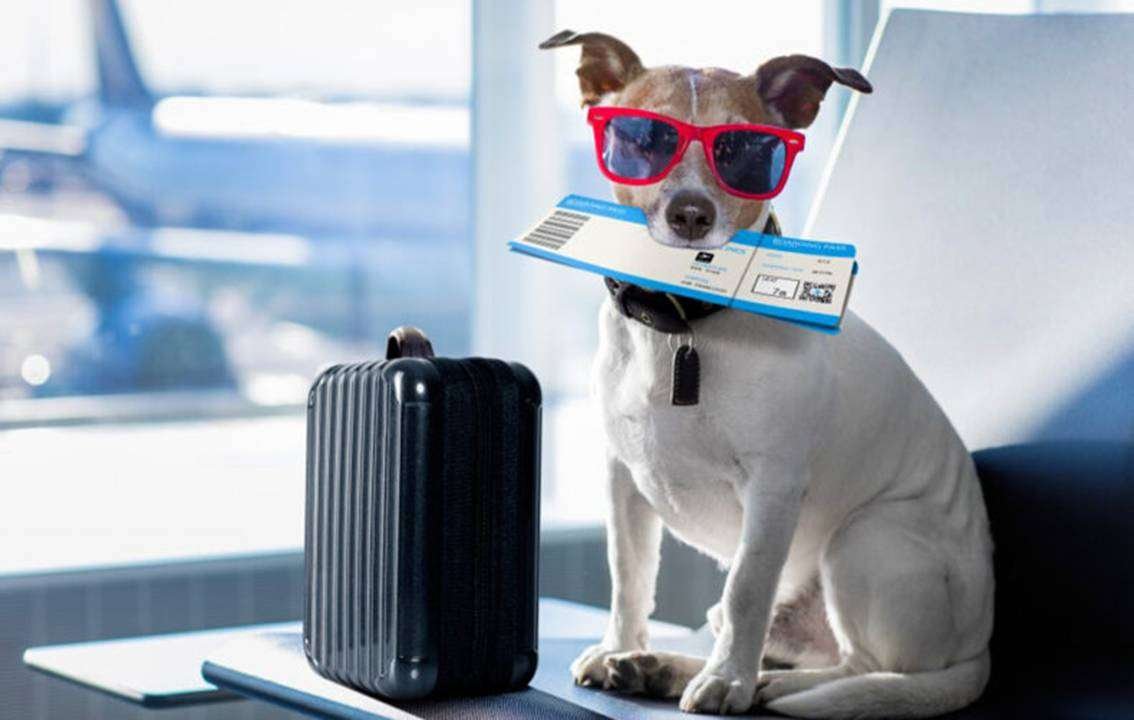
ANIMALS IN FLIGHT
PET TRAVEL TO CYPRUS

Technology has allowed animal air travel to become more accessible to pet owners all over the world. Several airlines, as a result, are now offering options that allow animal air travel to be conducted safely and comfortably to several locations across the world. This includes people who are travelling with their pets for vacations, along with the transportation and international relocation of animals for wildlife conservation missions.
Some airlines have restrictions on certain breeds or species of animals to be transported. With this in mind, inquiries should be made regarding each airline carrier’s rules. The rules of the destination country can also play a role. These rules are usually dependent on the type of animal that is to be transported.
With proper preparation and compliance, most animals are able to fly safely in a stress-free environment. Several requirements before air travel, however, must be followed. All animals must have a valid passport and the required veterinary documentation. This usually includes a certificate of good health, which can only be issued by a recognised veterinarian. Some destination countries also require animals to have an identification microchip and specific vaccinations, such as rabies.
GENERAL RULES FOR ANIMAL AIR TRANSPORT
For animals travelling in the cabin: Small animals, generally dogs and cats that weigh up to 10 kg, are generally allowed to travel in the cabin with their owners. They must be placed, however, in an approved carrier case and be positioned under the seat. They must remain in their approved carrier case even if a separate seat is purchased for them. Most airlines allow an exception for passengers who are accompanied by an emotional support animal. These animals can travel without having to be placed in a carrier case. This only applies to animals that meet certain conditions, however. Rescue or service dogs are also allowed to travel freely in an aircraft cabin with their handlers.
For animals travelling in the hold: Larger animals are placed inside special containers that guarantee ventilation and safety, and are then placed in the hold. In some cases, these animals are sedated. Airlines are obligated to ensure that the cargo hold environment is pressurised and air-conditioned to avoid discomfort. Zoologists and conservationists use the cargo hold to transfer endangered animals to safer habitats. These animals that are often destined for zoos, nature reserves, recovery centres, or conservation projects travel in dedicated compartments with special assistance to ensure their well-being.


